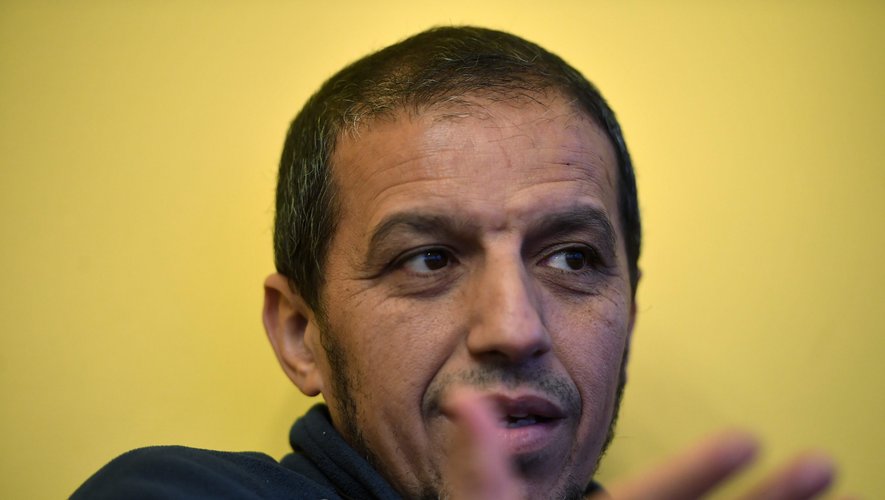January 16, 2014
Anthropologist of religion and expert at the National Observatory of Secularism, Dounia Bazar addresses the issue of radical Islam in her latest work, ‘Countering Radical Islam’ in which she delivers the fruits of her fifteen years of analyses on this minority phenomena that nonetheless often gets conflated with the entirety of the French Muslim population. In her interview with Zaman, Bouzar emphasizes that radicalism has nothing to do with Islam, but is the result of a psychological process.
Bouzar states that she wrote the book for two audiences: the Islamophobes and the Islamophiles (educators, intellectuals, non-Muslim thinkers of Islam). According to her, they are two sides of the same coin because both groups perceive Muslims as a homogenous entity, whether inferior or simply different, and ultimately they both contribute to the same line of thinking as the extreme right-wing party, the National Front. Bouzar stresses how one needs to distinguish between Islam and its radical forms since maintaining the confusion benefits radicals and Islamophobes alikes.
Bouzar defines radical Islam as a discourse that relies on self-exclusion or the exclusion of others, and leads to a process of identity rupture. It deploys all the psychological tools of cultish movements: breaking with civilization, destruction of personal and family history, the myth of a purified group withholding ‘ultimate truth’, and the replacement of rationality with imitation. Young people under 30 in particular, who have no other form of religious transmission, are prone to being drawn to this kind of discourse on the internet.
Another characteristic of cultish movements is the establishment of indomitable symbolic barriers between members and the ‘evil’ society around them. This leads to an overt religious exhibition, such as the wearing of long beards and the niqab. These displays have nothing to do with testing the State, it is more about self-protection and the preservation of purity in today’s world in decline. It also has nothing to do with Islamism – Islamists have a political agenda while radical puritans have an almost apocalyptical project to save the world.
Bouzar has in fact been a long-time supporter of religious visibility in France, and was one of the first to work on ‘Frenchisization’ of the headscarf. Taking into account that Islam is a culturally adaptable religion, and that the French wish to see a visibly ‘French woman’, Bouzar developed the idea of a scarf that would be esthetically compatible with France’s cultural heritage. She was equally against the move to ban headscarved mothers from participating in school trips, because it is precisely visibility – not hiding one’s Muslim identity due to already feeling at home – that is a sign of true integration.
Those attracted to extreme discourses have the feeling that society doesn’t offer them a place and role to play. Banning veiled mothers from schools sends precisely the message to children that their kind do not have place in society, and that they are in fact ‘banned’ from society.
Bouzar challenges the idea that French Muslims have an inherent sectarian attitude towards the rest of society. She affirms that a problem of social ghettoization exists, but it is not of the ghetto’s own accord. French Muslims in fact believe in the promises of the République, and the role of politicians should be to guarantee them a place in society.






